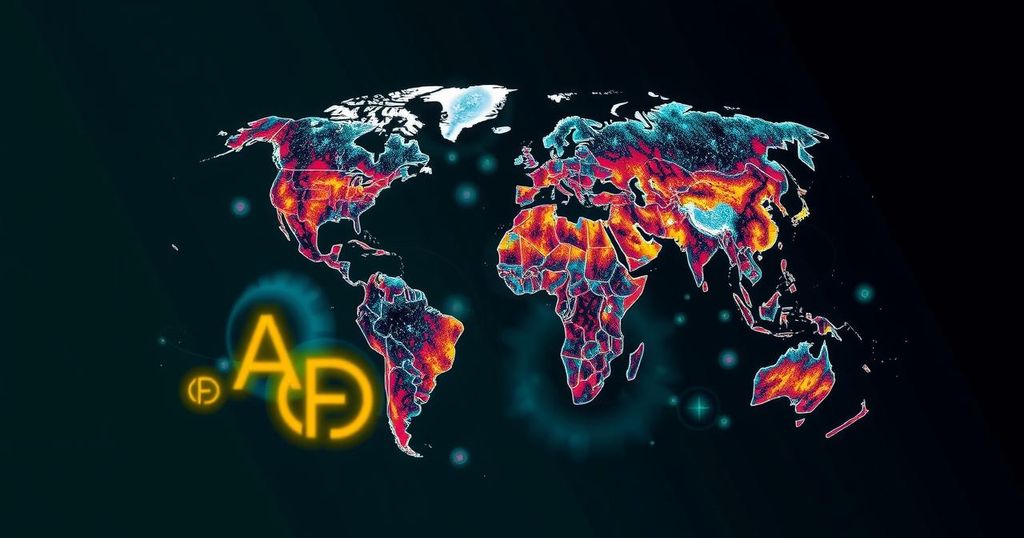Enhancing Climate Models Through Artificial Intelligence
Artificial intelligence is improving climate models, leading to enhanced prediction accuracy and informed policy-making, particularly during COP29 in Baku. This technological advancement aids in modeling climate scenarios and mitigation costs, ultimately fostering better responses to climate challenges.
Artificial intelligence (AI) is significantly enhancing climate modeling through improved accuracy and predictive capabilities. In the context of the ongoing COP29 conference in Baku, Azerbaijan, computer models are instrumental in understanding possible climate change scenarios and evaluating mitigation costs. The integration of AI may yield more reliable predictions, thereby informing better policy decisions and climate action strategies, ultimately aiding global efforts to address environmental issues.
The application of AI in climate modeling represents a revolutionary advancement in environmental science. Traditionally, climate models relied heavily on human analysis and conventional computing techniques, which could lead to inaccuracies in predicting outcomes or understanding the complexities of climate change. The advent of machine learning and AI allows researchers to analyze vast data sets more efficiently, facilitating enhanced understanding of climate phenomena and supporting more effective responses to climate challenges.
The role of artificial intelligence in refining climate models is becoming increasingly vital as the world grapples with the impacts of climate change. By fostering more accurate predictions, AI can significantly contribute to informed policy-making and the development of strategic measures to mitigate climate-related risks. As this technology evolves, its integration into climate science holds the potential for transformative change in global environmental governance.
Original Source: www.economist.com




Post Comment